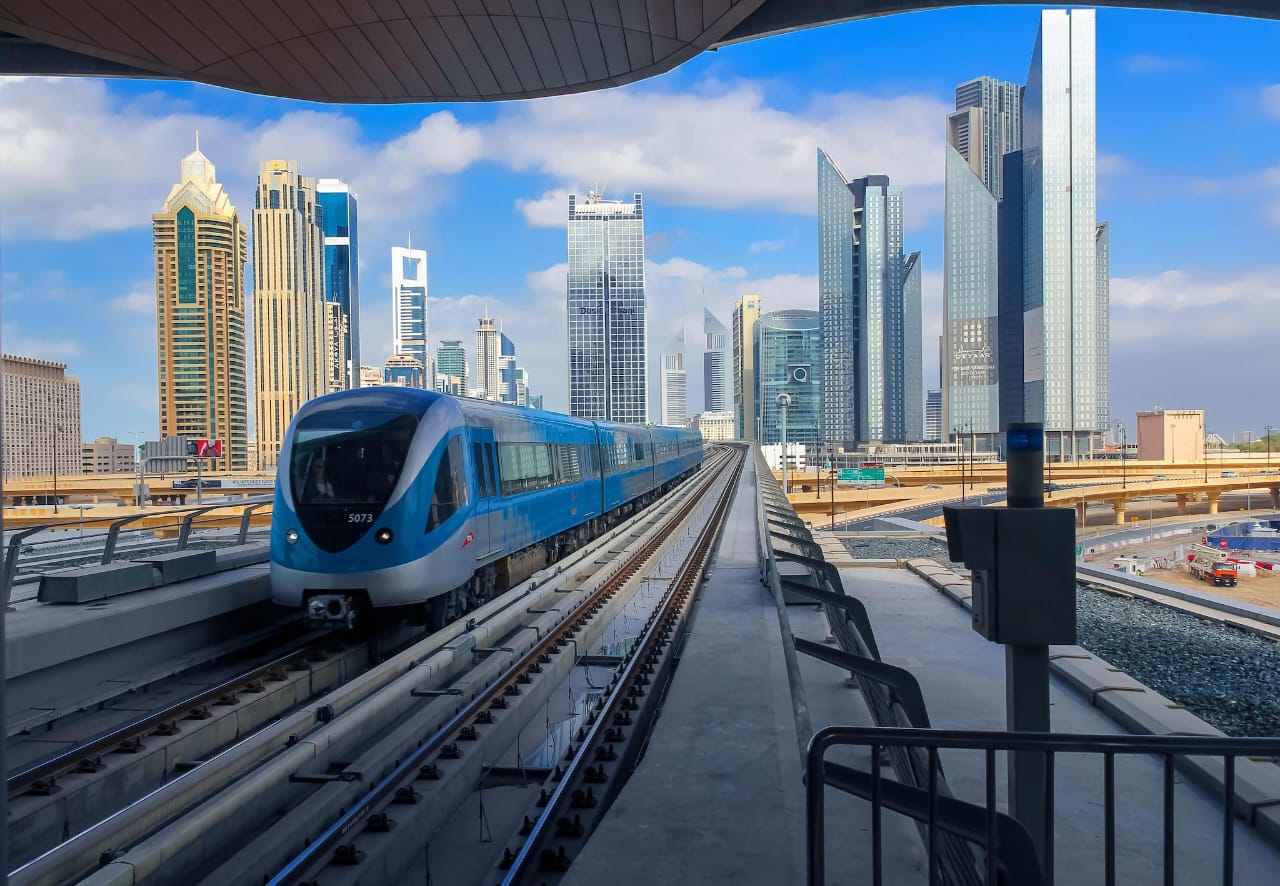– Metro lines have a strategic role in the Dubai urban renaissance.
– A direct positive impact on the sale and rental values of properties adjacent to the stations.
Walid Al Zarooni
W Capital, the Dubai real estate brokerage, assessed five main positive advantages of the Dubai metro on the Dubai promising real estate sector.
“Modes of transportation – especially the metro lines – play a strategic and essential role in the urban renaissance that Dubai has currently reached, and are a strong supporter of the global status of the emirate’s real estate, and the continuing strong investors of all nationalities demand,” said Walid Al Zarooni, CEO of W Capital.
Al Zarooni pointed out to the growing demand for renting properties close to public transportation in Dubai, with commercial activities and tourism growing in an unprecedented manner.
W Capital monitored five advantages of the Dubai Metro lines that contributed to the recovery of the real estate sector. These include increasing the value of lands in areas through which the metro passes, growing the volume of construction around the metro lines, revitalizing the real estate development sector, doubling returns on investment for those who are interested in real estate investment near the metro stations, and maximizing the rental benefits for developers on the metro lines real estate projects.
Al Zarooni noted that low-cost residential communities located near Dubai Metro stations account for the strongest by customers interested in purchasing or renting a residential unit.
The Dubai Metro network extends for about 76 kilometers, starting from the Jebel Ali area on the red line to the Al Qusais neighborhood on the green line, passing through the most prominent areas and neighborhoods of the emirate such as Deira, Al Khor, and Dubai Marina.
The CEO added that the areas located along the Green Line – one of the two lines of the Dubai Metro network that mainly passes through the Bur Dubai and Deira area – provide residents with residential units at reasonable rental prices.
The Dubai Metro Red Line, which runs between the Rashidiya area and the headquarters of the Emirates Exchange Company (Jebel Ali), passes near Dubai International Airport, Deira and Bur Dubai, and also follows Sheikh Zayed Road, which is the main lifeline in the city.
Walid Al Zarooni stated that the Dubai Metro, which began operations for the first time in September 2009, with the opening of the Red Line, then the Green Line in 2011, had a positive impact on residential property values and rental returns equals to competing global cities.
Al Zarooni pointed out that the metro stations also played vital role in increasing the emirate’s population since its launch a decade and a half ago, because it is the most common means of transportation for everyone, and many rely on it to travel to and from work. It is also used by individuals who want to visit the most famous tourist attractions close to the metro lines.
The CEO pointed out that there is a clear and positive impact of the Dubai Metro network on the value of selling and renting properties adjacent to the stations, especially the large stations that combine the red and green lines. Real estate appraisers in Dubai have begun to rely on the distance of the property and its proximity to the metro station as one of the criteria. It is a constant in the real estate valuation process, and it has become a basic criterion in determining the final price of the real estate unit, whether it is for sale or rent.
Al Zarooni stressed the importance of metro lines in reviving emerging residential areas and linking them to the various main sites and landmarks that the emirate abounds in. They represent an added value to the real estate sector in Dubai, as they contributed to the development of residential areas and opened new investment channels for developers, also contributed to boosting returns on investments for owners and investors.








